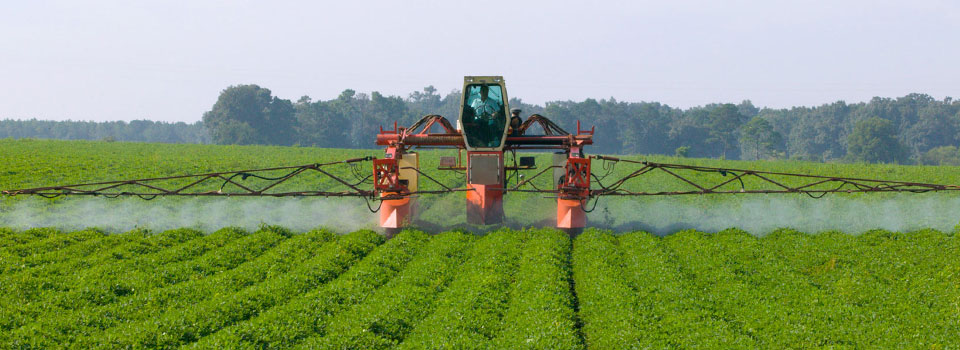The University of Georgia is lending an agricultural hand to underdeveloped countries around the world.
Buoyed by a recent $15 million grant from the U.S. Agency on International Development to UGA’s College of Agricultural and Environmental Sciences, the university will manage the Peanut and Mycotoxin Innovation Lab. Formerly known as the Peanut Collaborative Research Support Programs, or Peanut CRSP, the program is anchored by UGA.
During the next four years, the program will focus on helping five countries: Haiti, Ghana, Mozambique, Malawi and Zambia. During their time in these countries, UGA researchers along with collaborators from other universities and organizations will help local farmers and thus improve the entire peanut value chain from production to product development.
“I think the peanut industry has always had an interest in helping humanitarian situations,” said Steve Brown, CAES assistant dean for Extension and the grant’s principal investigator. “The University of Georgia and the peanut industry are proud to have this program centered out of the state of Georgia. It means a lot to us.”
Brown also will serve as interim director of the Peanut and Mycotoxin Innovation Lab.
The program is part of USAID’s “Feed the Future” initiative that focuses on helping countries feed themselves. USAID is steering UGA to aid these impoverished countries through work with peanuts.
“The Feed the Future countries are in pretty desperate situations, but they have the capacity to build agricultural systems,” Brown said. “We’ve already been working in some of those countries on the former Peanut CRSP project. We hope to build on past successes we’ve had in future projects.”
UGA plant pathologist Bob Kemerait is one of those who has devoted time and energy to research overseas. The Tifton-based Extension specialist has been involved in work in Haiti since 2007, along with UGA faculty Tim Brenneman, Steve Brown, Jay Williams and John Sherwood. He plans to return to Guyana-a place he’s helped since 2002-in June.
The work being done in these countries includes teaching small farmers about weed management, disease management, soil fertility and seed selection. UGA researchers also replicate field plots to bring new ideas to farmers whose farming techniques mostly resemble those that their fathers and grandfathers used. A third objective is helping develop local markets to sell peanuts while improving storage and quality and reducing aflatoxin.
“When you start out, you’re so excited. You want to make a difference, you want to bring change, you want to bring hope,” Kemerait said. “All of those things that, because of your education and experience at the University of Georgia, you can do. In this case, it was to improve peanut production. The goal for everybody is to give deserving people a better chance in life.”
So far the farmers have been very receptive to the new ideas Kemerait and his fellow researchers have demonstrated. Kemerait noted most walk a day to attend a meeting and sleep in hammocks or on the ground with hopes of learning new farming practices that will help present and future generations.
“They’re not new to peanut production in a sense of planting a seed and harvesting it. But most of them have had little or no education on the basics,” Kemerait said. “They do what they do because that’s what their fathers did and what their grandfathers did. In a sense, they know peanut production, they know what they want to accomplish. We don’t start completely from scratch. They’re not new at peanut farming. What they are new at is basic pest management or ideas like that. It’s completely foreign to them.”
One current project focuses on mycotoxins (potent toxins produced by fungi) found in several staple food products. The goal is to look for ways to eliminate the toxic problem, which can be a major health issue in some developing countries.
Other projects will be selected over the next several weeks.
“The countries we are going to be working in are not and will never be competitors of the U.S. peanut industry,” Brown said. “We’re trying to help them crawl their way out of poverty and, if peanuts can help them do that, then we’re the logical ones to lead the effort.”


